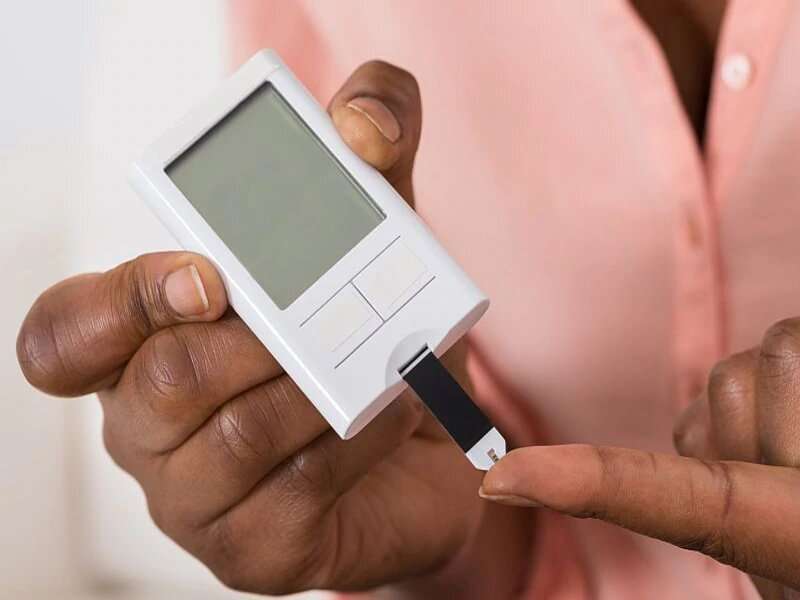Being born via C-section may up risk for T2DM in adulthood

(HealthDay)—Women born by cesarean delivery may have a higher risk for being obese and developing type 2 diabetes during adult life than women born by vaginal delivery, according to a study published online April 13 in JAMA Network Open.
Jorge E. Chavarro, M.D., Sc.D., from the Harvard T.H. Chan School of Public Health in Boston, and colleagues compared the incidence of obesity and type 2 diabetes between cesarean delivery and vaginal delivery births among 33,226 women (aged 24 to 66 years) participating in the Nurses' Health Study II (born between 1946 and 1964), with follow-up through 2015.
The researchers found that 3.3 percent of participants were born by cesarean delivery, and after 1,913,978 person-years of follow-up, 36.6 percent were obese and 6.1 percent received a diagnosis of type 2 diabetes. Participants born by cesarean delivery were more likely to be classified as obese (adjusted relative risk, 1.11) and to have received a diagnosis of type 2 diabetes (adjusted relative risk, 1.46) versus women born via vaginal delivery. This association remained significant after adjusting for participants' body mass index (adjusted relative risk, 1.34).
"Whether these findings are applicable to men or to individuals born today, when cesarean delivery rates are substantially higher, is uncertain," the authors write.
One author disclosed financial ties to the health insurance industry.
More information: Abstract/Full Text
Copyright © 2020 HealthDay. All rights reserved.


















